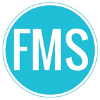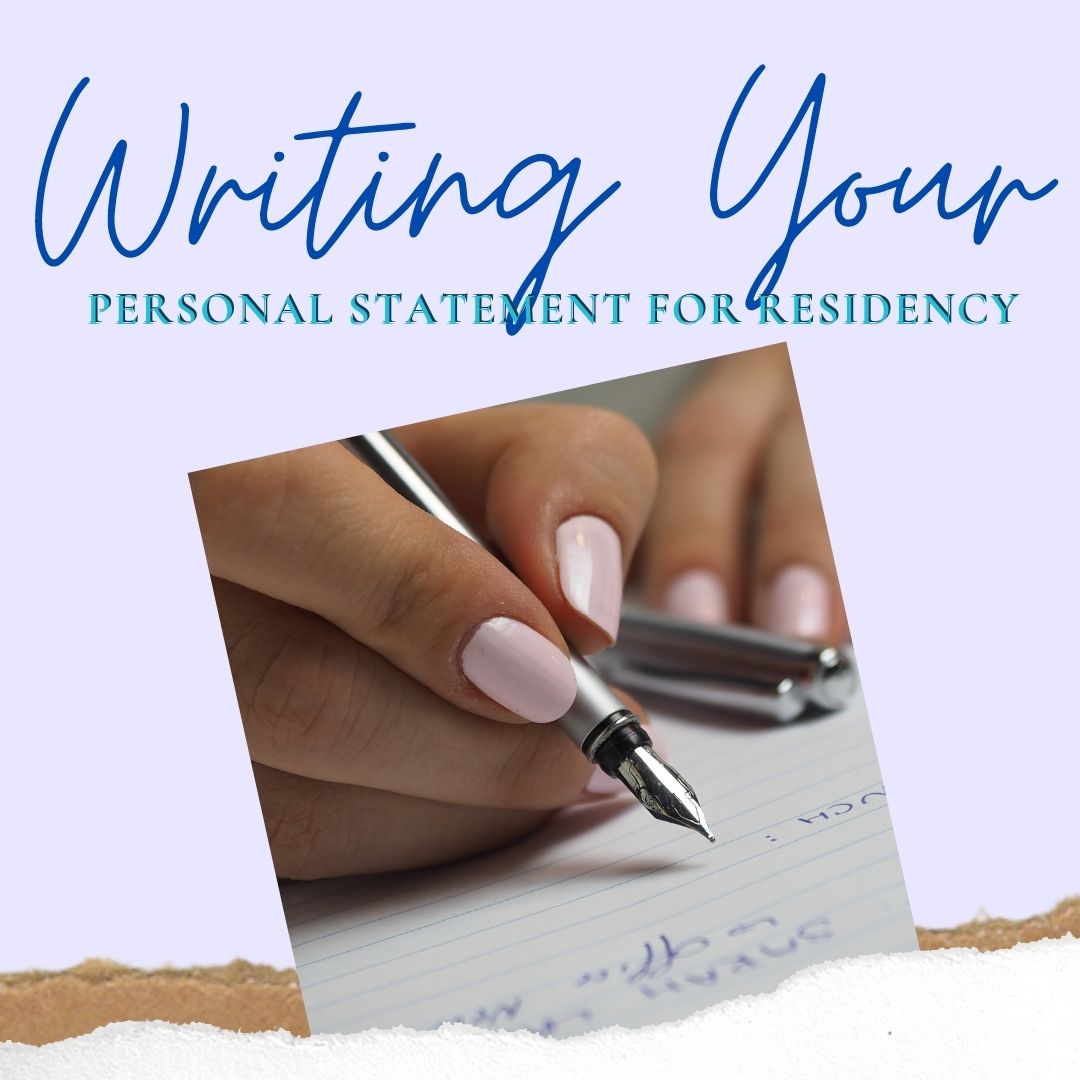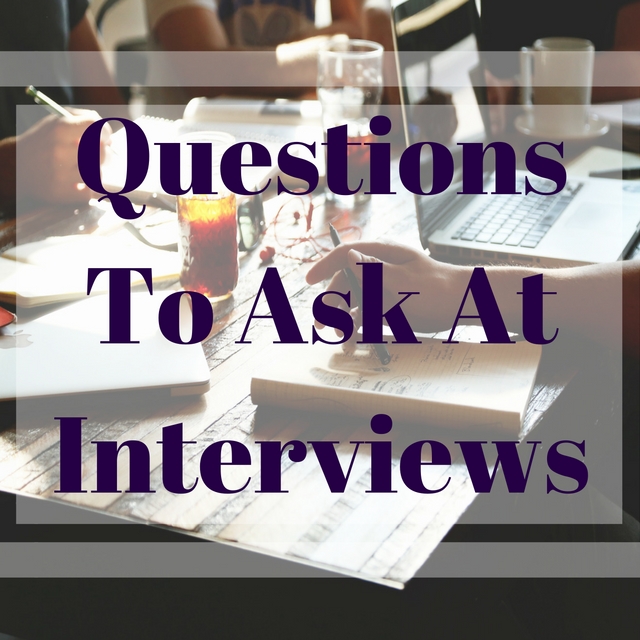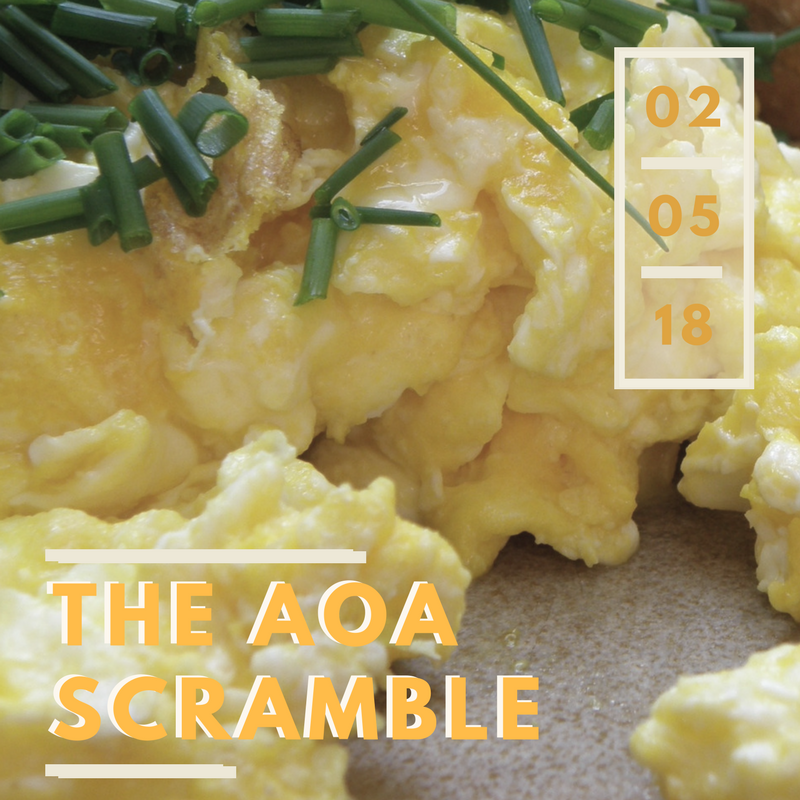Personal Statement Writing for Residency Applications
There’s tons of advice online about writing a personal statement, but today I want to cover some specific goals to make your personal statement an enjoyable read that makes a program director or faculty member think “Whoa, I want to TALK to this person!”
The personal statement matters more in Family Medicine than it may in other specialties, but how much it matters depends on each program. I can’t promise a perfect personal statement will get you in if the program has score cut-offs (published or not). But, it gives you a chance to be more than a photo attached to a CV and ERAS application. It can set you apart, and make you enticing to program director’s looking for someone just like YOU.
Your personal statement requires you to be your own cheerleader.
Five Personal Statement Goals
- Highlight YOU
- Blast those ACHIEVEMENTS
- Stay POSITIVE
- Turn failures into STRENGTHS
- Have a central THEME
Highlight YOU
Far too many personal statements start out with the idea of a patient story, and become a narrative piece about that patient. They’re great for another purpose (also, keep up the narrative writing!) but this is about YOU, not the patient.
To brainstorm for this literally create a list of what is great about you. Did your pre-med school experiences give you skills that have been praised or were helpful with a patient? Did you run into a situation on a rotation that was frustrating due to specialty limitation, but in Family Medicine felt unlimited to help? Are you passionate about a particular community or population? Does family medicine give you an opportunity to achieve a lifetime goal? Tell us about it!
Blast those ACHIEVEMENTS
Your personal statement requires you to be your own cheerleader, and due to imposter syndrome most of us suck at this. It can really help to give your CV to a friend and have them ask you about stuff on it. Elaborating on those “boring lists” can show really cool experiences and achievements. Sure, we saw this year that some medical students went to the Olympics. But you don’t have to be a medal-winner or start your own non-profit. You just have to talk about what you lived through, or how you helped your community.
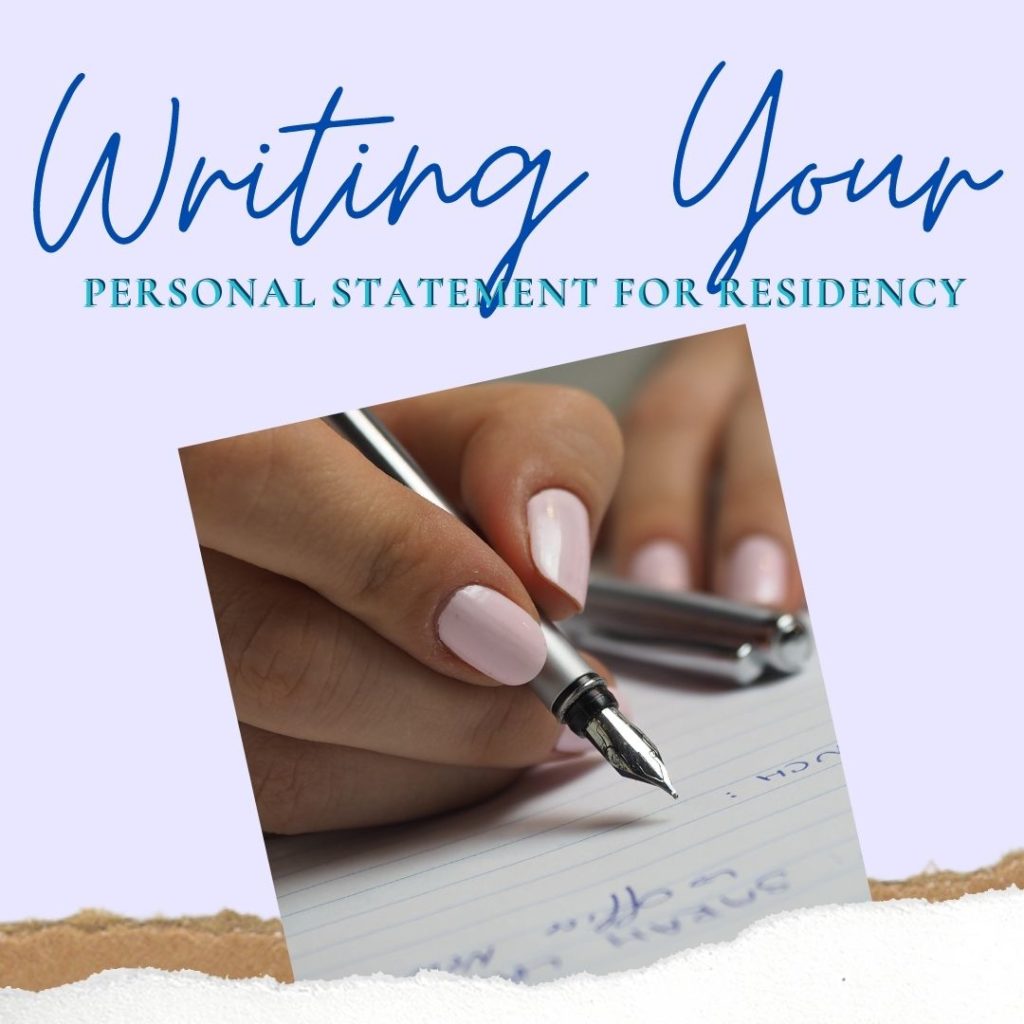
Some examples? I have had students tell me they have nothing to talk about and then saw a LIST of grants and awards. I’ve read CVs and learned folks spent time before med school as doulas, clinic escorts, NICU cuddlers or had a service dog they took to hospitals. Some tried to change health policy in their rural town. Many have experience in teaching, and don’t even realize how vital it is.
TL;DR – there are many things that make you a wonderful potential physician. Stop comparing yourself to others, and focus on what makes YOU unique and what skills you bring.
Stay POSITIVE throughout your Personal Statement
This is always recommended, but no more so than during this crappy pandemic year. It is so easy to slip a negative phrase or sentence in, and it can bring down your entire statement. Obviously, there are exceptions to this, but if negativity isn’t relevant to your growth or the narrative being told, then drop it.
The best advice I got was to stop TELLING, and focus on SHOWING.
Turn failures into STRENGTHS
Program director’s want to know you have resilience and can learn from a mistake or failure. They also want to know you have insight into why it happened. I failed two exams in MS1 and used that to show habits I had to overcome, the lesson I learned from it, and why the changes I made would prevent it being an issue in the future. They don’t want to hear why it was someone else’s fault, or how you were wronged. Even if it’s true.
Everyone loves the story of how you rise after a fall. Make it good, and be honest, but avoid the trap of bad-mouthing anyone else.
Have a central THEME
You will probably discover this after you’ve written several drafts of your personal statement, but it’s okay to have an idea of a theme you want to focus on. Maybe you’re an URM from a rural town and want to get training to “go back home.” Or you grew up with parents who are “low SES” and saw healthcare disparities within you family, and want to change that in the world today. But, sometimes your theme is simpler, and comes through as you develop the personal statement.
The best advice I got while writing was to stop TELLING, and focus on SHOWING. And I’ve read some great personal statements with interwoven themes of leadership, persevering despite adversity, passion for social justice, service to their own communities. None of those words/phrases appeared in the personal statement – they were shown through the experiences the writer shared. It’s hard to describe how it’s done, but if your personal statement is a soup of things you feel/think/know – without any supporting evidence – you’ve only TOLD and failed to SHOW.
We all love stories. In fact, we love them so much if you give us only the broad strokes of the story we WILL ask you for details at the interview. And program directors read LOADS of “tell me” statements – be the story teller whose writing is a break from that!
How to End your Personal Statement
If you attended the AAFP Virtual Conference this year and “met” a program there be SURE to mention it at the close of your personal statement. Many programs keep a list of the folks they met via the event, and will look forward to your application coming in. How do I know this? The Program Direcor of what became my residency literally emailed me in December of my application year to tell me my personal statement was missing from ERAS, and could I please upload it so they could offer me an interview. Because we had met and talked at conference.
My closing sentence varied per program, to show that I was specifically interested in THEM. For some it was the above about meeting at AAFP conference, for others I expressed interest in part of the curriculum (abortion care, rural rotations, structured ‘residents as teachers’ training) or the program’s dedication to a particular population (underserved, un-insured). Some will tell you this is a waste of time – but I saw that interviewers specifically spoke about the parts of the program I was interested in, and let me learn so much more about those opportunities.
A DETOUR ON HOBBIES on the CV
As I mentioned before, I got asked about my hobbies a LOT. At almost every interview I was explaining how one makes jewelry out of polymer clay. So, list yours on your CV be specific! My current CV (Pro Tip – always keep it updated, or else you forget to put things on it) lists “GBBO and baking, fountain pens, watercolor painting, science fiction, polymer clay jewelry creation, yoga.” They’re in the order I want to talk about them, and heaven help the future person who ends up asking what GBBO is, because they’re gonna learn too much about baking and the British Bakers I follow on Twitter.
See also Dr. Monica Cavarlez’s thread on her hobby related chats on the interview trail.
Final Tips/Reminders about Your Personal Statement
- Don’t tell the entire story/anecdote in your PS. Make your reader intrigued enough to ask questions, because then you will get to discuss it at your interview. Give yourself something more to chat about!
- Customize the last paragraph to be targeted to each program.
- Have multiple readers – residents, attendings, your med school faculty, friends, people who volunteer on Twitter. But parents aren’t super helpful unless they have a background in editing and are going to go for grammar/structure, rather than content. 😉
- DO NOT PAY JUST ANYONE TO READ YOUR STATEMENT. I’ll be blunt – most of the folks offering this service are taking advantage of you. They’re just another person who got in residency, but that doesn’t mean their writing or editorial skills are worth a darn – they have one success. I did pay a friend who was a journalist (and had a degree in writing) to review my finished personal statement, but I never gave a dime to these so called “med student” services. Please do not do so. There are so many attendings and current residents on Twitter who will READ YOUR PERSONAL STATEMENT FOR FREE. Follow us on Twitter for the next time we share a volunteer group to do so (@FMstudent)
More Resources
- Check out last year’s post about Applying to Residency During a Pandemic – some info on choosing programs, all the resources AAFP offers for free, as well as other resources you may have missed/not considered.
- AAFP’s Writing a Personal Statement for Residency Application
- UW Family Medicine’s Impressing: Personal Statement
- UV’s FM Writing a Personal Statement
- WWAMI’s General advice on Personal Statements includes a brief brainstorming worksheet and an editing checklist!
